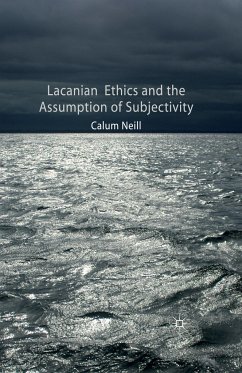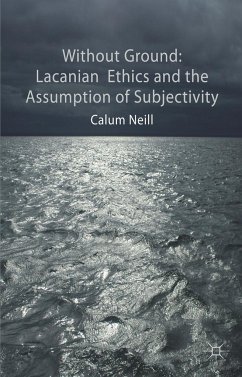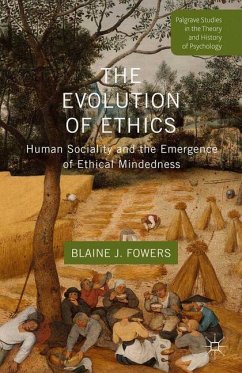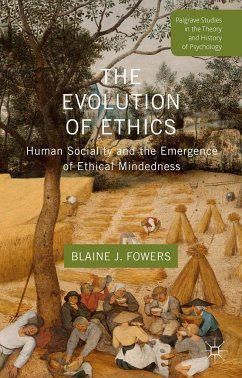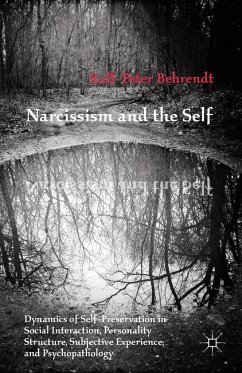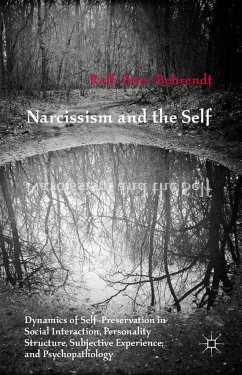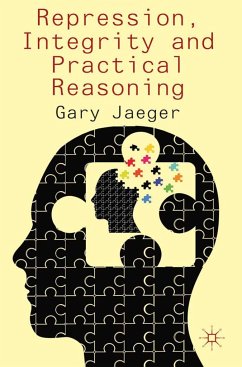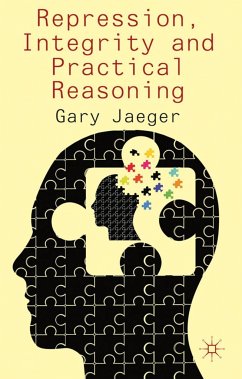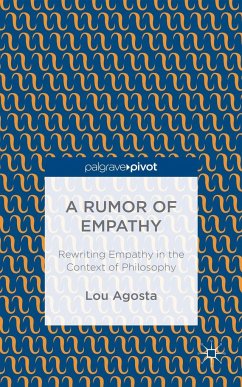
C. Neill
Gebundenes Buch
Lacanian Ethics and the Assumption of Subjectivity
Versandkostenfrei!
Versandfertig in 6-10 Tagen
Weitere Ausgaben:

PAYBACK Punkte
19 °P sammeln!





A readable and advanced introductory-level text focusing on the ethical dimensions and impact of Lacan's thinking. This book argues that a rethinking of the subject necessitates a rethinking of our relation to law, tradition and morality, as well as our understanding of guilt, responsibility and desire.
Calum Neill is a lecturer in Critical Psychology and Discourse Analysis at Edinburgh Napier University.
Produktdetails
- Verlag: Palgrave Macmillan / Palgrave Macmillan UK / Springer Palgrave Macmillan
- Artikelnr. des Verlages: 978-0-230-29409-7
- 2011
- Seitenzahl: 256
- Erscheinungstermin: 12. Juli 2011
- Englisch
- Abmessung: 216mm x 140mm x 23mm
- Gewicht: 459g
- ISBN-13: 9780230294097
- ISBN-10: 023029409X
- Artikelnr.: 33612427
Herstellerkennzeichnung
Libri GmbH
Europaallee 1
36244 Bad Hersfeld
gpsr@libri.de
'The book aims to provide a comprehensive overview of the French psychoanalyst's ideas on subjectivity and ethics to academics and students at the postgraduate level. It represents a useful starting point for an exploration of the central Lacanian notion of the split subject, alongside such related ideas as fantasy, desire and the drive.' - Psychoanalysis, Culture & Society
"Over the years the scholarly output on 'Lacanian ethics' has become so vast as to induce intellectual indigestion in whoever decides to enter the field but not for much longer. In this brilliant book, Calum Neill exempts the reader from having to trawl through endless realms of Lacan-scholarship by offering the clearest, most concise, and most poignant discussion of what is really at stake: a radical re-consideration of all the crucial dimensions of ethics (the law, morality, guilt, responsibility and desire) in light of a fundamental review of the very notion of subjectivity. If you, reader, now hold this book in your hands, I can only give you one sound advice: Eat it!" - Dany Nobus, Professor of Psychology and Psychoanalysis, Brunel University London, UK
"This book provides an excellent overview of the philosophical foundations and conceptual basis of Lacan's work on ethics. Calum Neill makes clear what ethics in psychoanalysis is about, and broadens the scope toa much wider critical reflection on ethical acting." - Stijn Vanheule, Ghent University, Belgium
"Neill's erudition and rigour make [this] a brilliant evocation of both Lacanian and traditional ethical thought." - Psychoanalysis, Culture and Society
"This book provides an excellent overview of the philosophical foundations and conceptual basis of Lacan's work on ethics. Calum Neill makes clear what ethics in psychoanalysis is about, and broadens the scope toa much wider critical reflection on ethical acting." - Stijn Vanheule, Ghent University, Belgium
"Neill's erudition and rigour make [this] a brilliant evocation of both Lacanian and traditional ethical thought." - Psychoanalysis, Culture and Society
Für dieses Produkt wurde noch keine Bewertung abgegeben. Wir würden uns sehr freuen, wenn du die erste Bewertung schreibst!
Eine Bewertung schreiben
Eine Bewertung schreiben
Andere Kunden interessierten sich für


